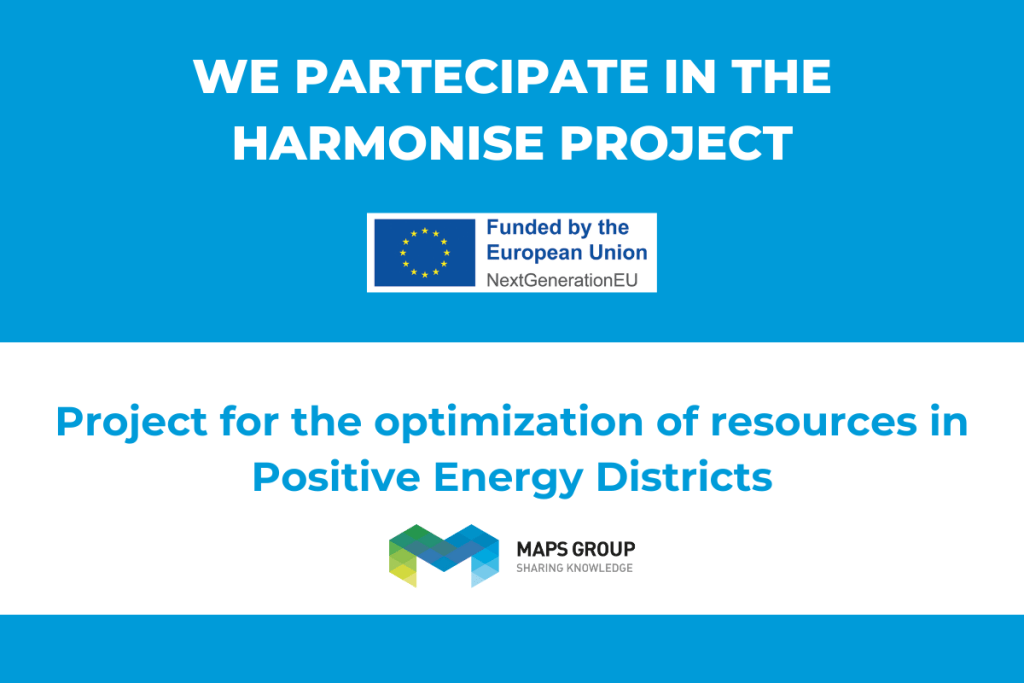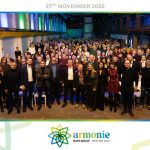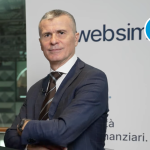The project, lasting 42 months, includes funding for Maps Group of 570,000 euros and aims to provide a scalable, flexible, and interoperable solution
Maps Group announces its participation in the HARMONISE project “Hierarchical and Agile Resource Management Optimization for Networks in Smart Energy Communities”, funded by the European Union’s Next Generation EU program.
The project is part of the initiative to achieve “net-zero emissions” by 2050, for which the mitigation of emissions from buildings is fundamental. For this reason, the EU has set the goal of implementing, by 2025, at least 100 Positive Energy Districts.
A Positive Energy District (PED) is an urban district that, through intelligent design, efficient energy management, adequate on-site renewable energy generation, and the use of advanced technologies, achieves a positive energy balance, producing more energy than it uses and thereby reducing or nullifying its impact on the energy grid.
The goal of HARMONISE is to facilitate the transformation of traditional districts into PEDs by developing a highly scalable and easily integrated solution that supports the technological, operational, and social aspects necessary to foster this transition.
Thanks to its know-how and the experience gained through the European project PARMENIDES, Maps Group will be able to collaborate internationally on the development of this solution. Specifically, Maps Group will take care of the design and development of the aggregation platform as well as providing data hosting services for the platform.
Gian Luca Cattani, Head of R&S at Maps Group, comments: “HARMONISE represents an extraordinary opportunity for Maps Group to actively contribute to the European energy transition towards sustainability. Through this project, we will not only be able to offer our expertise in the management and optimization of energy resources, but we will also have the chance to collaborate closely with other European and Swiss partners to develop innovative solutions that support urban districts in their evolution towards Positive Energy Districts.”



